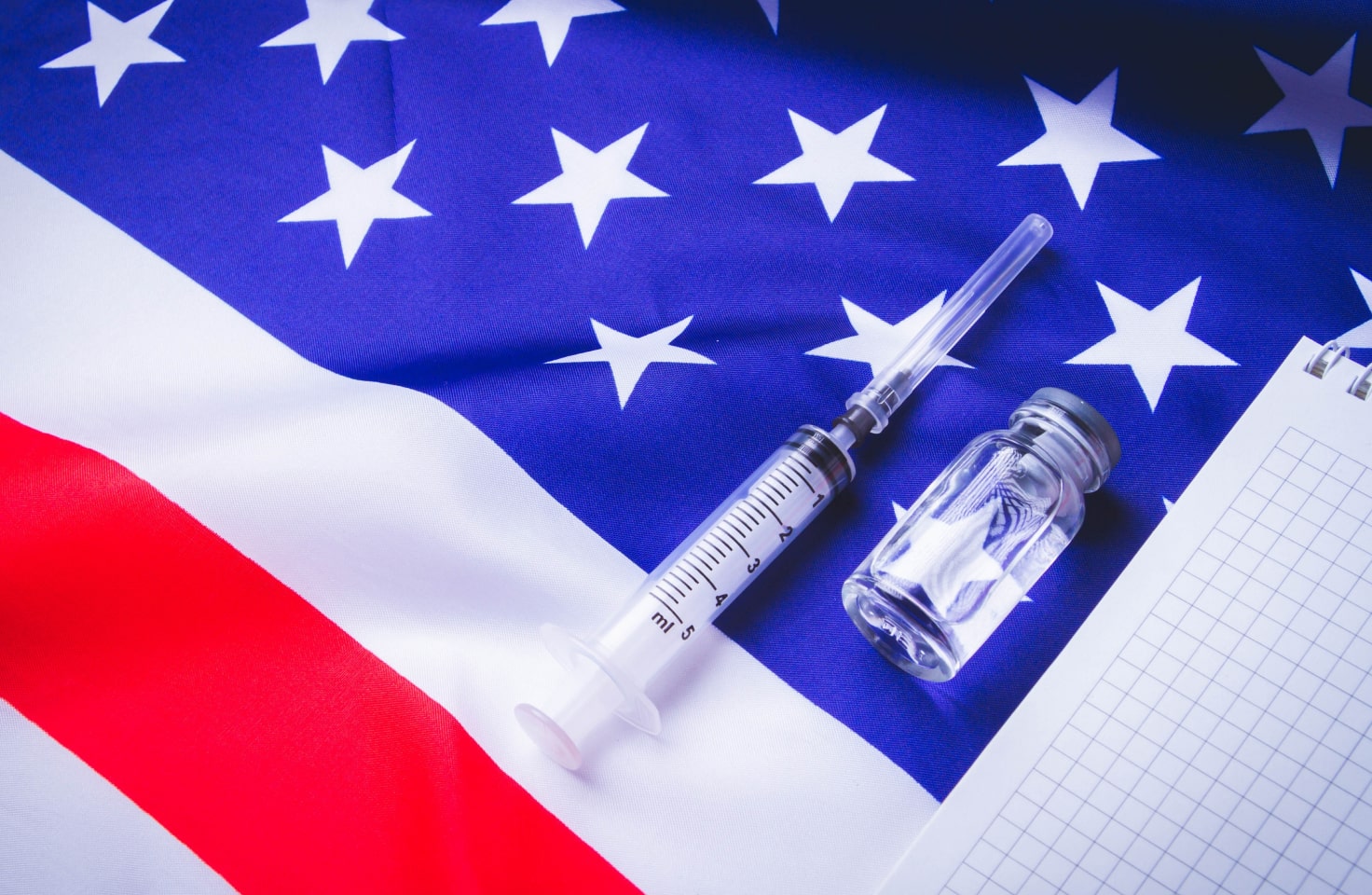T1D Guide
T1D Strong News
Personal Stories
Resources
T1D Misdiagnosis
T1D Early Detection
Research/Clinical Trials
Going Low Unnoticed: A Guide to Hypoglycemia Unawareness
Experiencing low blood sugar can feel like a wake-up call — sweating, shaking, dizziness and confusion pile on when our blood sugar dips. But what if those warning signs don't show up? Hypoglycemia unawareness is a condition that weakens recognition of low blood sugar.

Read on to understand what hypoglycemic unawareness is, why it happens, and how those living with diabetes can stay safe without the usual symptoms.
You’re minding your own business, maybe on a walk or, sitting at your desk or even lying in bed, when it happens. It starts as a weird feeling, almost something you can’t place. Then, your head starts to feel foggy; you can’t seem to focus your brain. Your hands turn clammy and start to shake. Then, the rest of you turns clammy and does the same, before you grab a candy bar (or your carb snack of choice) and are able to remedy the situation.
Many people living with type 1 diabetes (T1D) know what I’m talking about. Confusion, sweating, shaking and dizziness are all telltale signs of low blood sugar or hypoglycemia.

What is Hypoglycemia?
Mild hypoglycemia is characterized by lower blood sugar than what is safe, usually considered under 70 mg/dL — though this may differ depending on an individual's body. Severe hypoglycemia is a very dangerous condition that, when severe, can lead to unconsciousness, seizures or a coma — and can even be fatal.
Hypoglycemia symptoms, or severe low blood sugar, can cause a variety of symptoms and can vary from person to person. Some people may experience no symptoms at all (hypoglycemia unawareness).
Some Hypoglycemia Warning Signs
- Shaking or trembling
- Sweating
- Fast or irregular heartbeat
- Hunger or nausea
- Dizziness or lightheadedness
- Headache
- Tingling or numbness in the lips, tongue, or cheek
- Blurred vision
- Feeling confused or irritable
- Difficulty concentrating

Certain medications may cause low blood sugar levels and impair cognitive function. Extreme exercise can also cause low blood glucose.
Hypoglycemia Unawareness: A Sneaky Condition
Hypoglycemia unawareness affects about 25% of people living with type 1 diabetes. It is less common, between 10-15%, in individuals with type 2 diabetes, but can still occur. Regardless, anyone taking medication to lower blood sugar, whether that be insulin or sulfonylureas, has the potential to experience dangerously low blood sugar, and being able to recognize when it occurs is important for a healthy lifestyle. Just like how anyone with insulin-dependent diabetes mellitus (DM) can experience hypoglycemia, anyone with diabetes can experience hypoglycemic unawareness.
So, where does hypoglycemia unawareness stem from, and what can people experiencing it do to combat this dangerous phenomenon?
Where Does Hypoglycemia Unawareness Come From?
There are many factors that may contribute to somebody developing hypoglycemia unawareness. Some include living with diabetes for a long time or experiencing frequent low blood sugar episodes.
Our bodies are creative and adaptable vessels, and when the body experiences a certain event, such as a hypoglycemic episode, multiple times, it can become used to the occurrence and the symptoms can feel less prevalent.
However, there may be outside causes to look towards when understanding why hypoglycemia unawareness may arise.
SSRIs, Beta Blockers and Blood Glucose Awareness
Certain medications used to treat mental health conditions like anxiety and depression can reduce awareness of low blood sugar. Selective serotonin reuptake inhibitors (SSRIs) are a type of drug often used to treat depression and/or anxiety, and a recent study published by the American Diabetes Association (ADA) found that SSRIs may lead to decreased awareness about a hypoglycemic episode.
Additionally, beta-blockers, a group of medications primarily used to treat cardiovascular conditions, can also be tied to hypoglycemia unawareness. Beta-blockers negate the effects of norepinephrine, a hormone and neurotransmitter in the body that controls stress responses and is responsible for most of the physical reactions to hypoglycemia, like shaking, heart racing and sweating.
This is why it's always important to keep in communication with your endocrinologist and medical team about any other conditions you may be dealing with or any medications you may be taking so that they can best specify your care.
Combating Secretive Lows
Living with diabetes can already feel like a full-time job staying on top of your blood sugar, but what do you do if your blood sugar levels don't want anyone — even you — to know that they are going down?
Many doctors recommend a continuous glucose monitor (CGM) for anyone living with hypoglycemia unawareness as it can conveniently read and display a person’s blood sugar without routine finger pricks to test glucose levels. Additionally, CGMs can alert people to low blood sugar when it happens, even if the individual doesn’t feel any symptoms.
This can help in catching hypoglycemic episodes before they become more dangerous.
Another way to know your blood sugar when you can’t feel it is through the assistance of a four-legged friend. Diabetic alert service dogs can be used to alert when hypoglycemia occurs and can even be trained to retrieve food or snacks to raise blood sugar.

Note: Curious about the efficacy and methods of diabetic alert dogs? Read more about how our furry friends can assist life with T1d!
If you are unable to get a CGM or diabetic alert dog, frequent checking of blood sugar through finger pricking and a glucose meter is necessary to ensure that no hypoglycemic episodes go unnoticed.
Keep high-carb snacks or glucose tablets nearby to consume once you’re alerted to a low blood glucose level. This will stabilize your blood sugar and bring your glucose levels back into range.
Reversing Hypoglycemia Unawareness?
There is no concrete method to reverse hypoglycemia unawareness, but there are some things that can be done to increase awareness of hypoglycemic episodes. Your healthcare provider might recommend preventing low blood sugar for a certain amount of weeks so your body can relearn the symptoms.
This might mean aiming for a higher average blood sugar, but it's essential to always speak to your doctor and medical team when changing your medications or altering your target blood sugar, as this can affect your glycemic control.
Still, some perspectives argue that hypoglycemia unawareness can be cured by starting at the root problem: hypoglycemia. Preventing hypoglycemia is good practice for anyone living with diabetes, but as we all know, that's easier said than done. However, recent developments around islet transplants may have uncovered a way to minimize low blood sugar episodes, making life with hypoglycemia unawareness less dangerous.
Can Islet Transplants Change the Game?
Islet transplant therapy involves implanting the donor cells of a healthy pancreas into the pancreas of diabetic patients. The beta cells inside the islet cells begin producing insulin in the body and working to regulate blood sugar — just as they would in the donated pancreas that does not have diabetes.
Approved by the U.S. Food and Drug Administration (FDA) in 2023, islet transplantation therapy for adults with type 1 diabetes is being used to treat type 1 and type 1 related complications like recurrent hypoglycemia and hypoglycemia unawareness.
However, due to the immunosuppression needed for the body to accept the new islets, the potential for islet rejection and the lack of islets to aid those living with diabetes, islet transplants can be challenging to procure. However, they lower the risk for hypoglycemia, thus adding more protection for those living with impaired hypoglycemia awareness.
Share Your Diabetes Burden with Others
It's crucial for T1Ds to let others around them know their condition so they can assist with their diabetes care. Friends and family may note certain personality changes when you're experiencing a low or high glucose level.

Access to continuous glucose monitors can benefit impaired awareness and offer many advantages beyond keeping tight blood glucose levels.


.webp)





.webp)
.jpg)
.jpeg)
.jpg)
.webp)
.jpg)
.jpg)
.jpg)



.jpg)

.jpg)

.jpg)



.jpg)
.jpg)
.jpg)

.jpg)

.jpg)














.jpg)


.jpg)


















.webp)





















.webp)








.jpg)




.jpg)
















.webp)